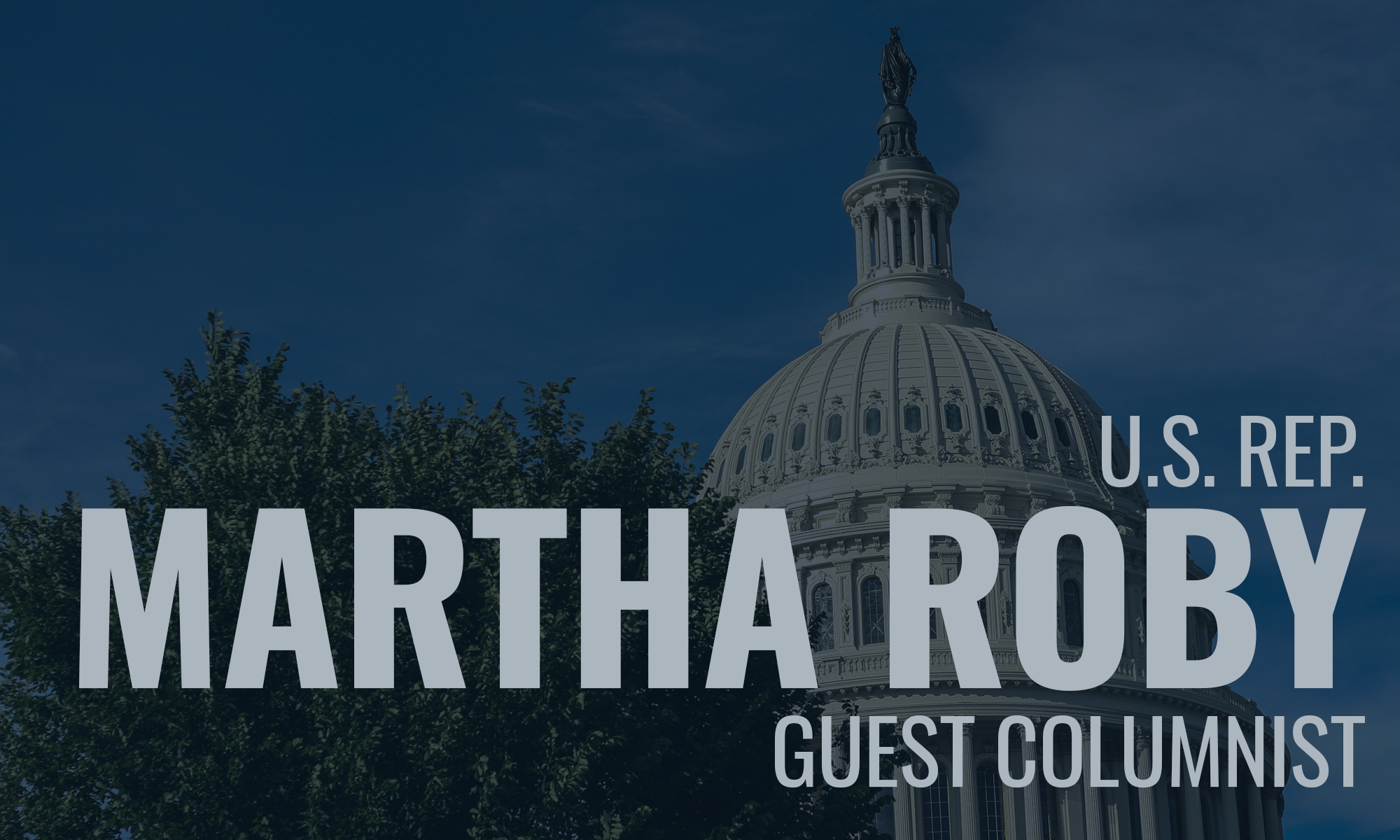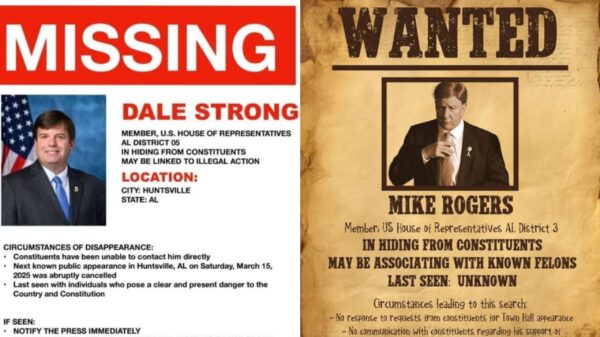It’s no secret that the national debt continues to become an ever-increasing problem in this country. The number has now cleared $20 trillion, and with every dollar added, it becomes ever more critical that we find ways to cut spending and balance the budget. That’s why I’m proud that the Trump Administration recently submitted to Congress the largest rescission package in our nation’s history in an effort to cut nearly $15 billion of old government funding that is unnecessary, expired, unused, or cannot be used for its original purpose.
I support the use of the commonsense rescission tool to identify and weed out at least a portion of government waste. Title X of the 1974 Congressional Budget Impoundment Control Act gives the President authority to use this tool. The President has the ability to propose the rescinding, or cutting, of specific funds previously approved by Congress. Over the years, this smart measure has been used by presidents on both sides of the aisle, and I am glad that the Trump Administration is now utilizing this tool, too.
I am proud to report that the House recently took action on the Administration’s rescission request by passing H.R. 3, the Spending Cuts to Expired and Unnecessary Programs Act. Before this important piece of legislation was drafted, the Office of Management and Budget (OMB) worked to find wasteful, unnecessary spending that should be returned to the Treasury. Many of the funds OMB identified have been sitting around gathering dust in stagnant programs – and they aren’t just pennies and loose change.
For example, the type of funds cut by H.R. 3 include $4.3 billion from the Advanced Technology Vehicles Manufacturing Loan Program, which hasn’t made a loan since 2011, $523 million from the Title 17 Innovative Technology Loan Guarantee Program, which has not had the authority to make new loans since 2011, and $133 million from the Railroad Unemployment Insurance Extended Benefits Program, which completely expired in 2012.
Needless to say, these are all examples of unused government funding, and I am pleased the House has acted to cut them from the budget. However, there has been some misinformation spread about what the Administration’s rescission package actually does, so I’d like to set the record straight. Some have claimed that the rescission request cuts active, current funding from important programs, such as the Children’s Health Insurance Program (CHIP) on which many families depend. This is false. Congress recently reauthorized CHIP funding for a total of ten years, and this measure does nothing to change current funding levels.
There are many federal programs that are left with significant amounts of leftover funding that should absolutely be returned to the Treasury. For the sake of our national debt, we cannot allow programs and organizations to hoard leftover, excess funding that allows them to overspend their budgets in the future.
Congress has a financial responsibility to the hardworking taxpayers, and I believe cutting unused, expired funding is a commonsense step toward getting our fiscal house in order. Every day I hear from constituents who are concerned about our mounting debt and frustrated by Washington’s unwillingness to address it. Finding financial stability will be a challenging task, but I believe the Administration’s rescission plan is a positive step in the right direction. I’m proud to have voted in favor of the measure, and I hope the Senate acts quickly.
Martha Roby represents Alabama’s Second Congressional District. She lives in Montgomery, Alabama, with her husband Riley and their two children.





















































